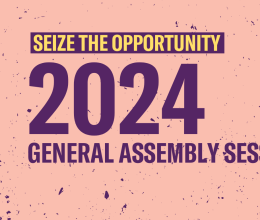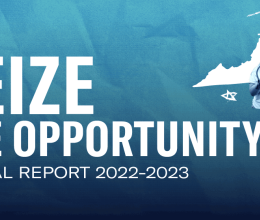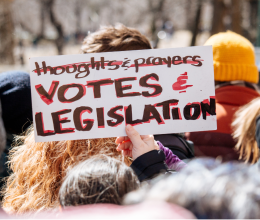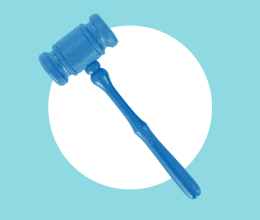
Resolutions in House of Delegates and Senate would amend Virginia Constitution to remove obstacles to restoration of voting rights for former felons
Richmond, VA—Delegates Charniele Herring and Betsy B. Carr, along with a broad alliance of groups supporting changes to Virginia’s felon disenfranchisement laws, sponsored a workshop at the state capital today to assist individuals seeking to have their voting rights restored and to bring attention to voting rights reform legislation in the 2011 General Assembly.
The state’s felon disenfranchisement law, considered to be the harshest in the nation, dates to post-Civil War Virginia and is one of several measures put in place to inhibit political participation by African-Americans. Literacy tests and poll taxes, extant in Virginia until banned by the Voting Rights Act of 1965, were also part of the state’s Jim Crow legacy.
Although many states, especially those in the South, adopted harsh disenfranchisement laws after the Civil War, all of them, except Virginia and Kentucky, have since loosened restrictions on the voting rights of former felons. Virginia and Kentucky are now the only two states in the nation that disenfranchise for life all persons convicted of a felony, requiring an act of the governor for voting rights to be restored. Today, at least 375,000 Virginia residents cannot vote due to felon disenfranchisement.
Although very few individuals had their rights restored in the past, an average of about 100 per year, Governors Mark Warner and Tim Kaine streamlined the process, restoring voting rights for about 8,000 individuals between 2002 and 2010. Governor Bob McDonnell further streamlined the process and has restored voting rights to more than 1,000 individuals since taking office in early 2010.
Felon disenfranchisement reform advocates point out, however, that a thousand restorations per year is not significant in light of the overall numbers.
ACLU of Virginia Dunn Fellow Tom Fitzpatrick, who heads up the civil liberties group’s efforts to reform Virginia’s felon disenfranchisement law said, “We helped a number of people with their applications today, but the most important action we can take now is to reform Virginia’s antiquated felon disenfranchisement law. It is time for our legislators to take the first step in ensuring that all Virginians can exercise their fundamental right to vote.”
Changes to Virginia’s felon disenfranchisement law require amending the Virginia Constitution, which now gives sole authority to the governor to restore voting rights. Resolutions in the 2011 General Assembly to amend the Constitution range from constitutionally providing for automatic restoration of rights for non-violent felons once the terms of their sentences have been met (S.J. 306) to authorizing the Virginia General Assembly to pass laws determining the process for restoration of voting rights (S.J. 284, H.J. 497, H.J. 524, H.J. 534, H.J. 610, H.J. 634).
In addition to Herring and Carr, other sponsors of today’s workshop included Delegates Rosalyn Dance, Joe Morrissey, Jennifer McClellan, R.I.H.D. and Virginians for Restoration of Voting Rights.
For more information and to take action to support felon disenfranchisement reform in Virginia, go to www.restoreourvote.org.
ACLU of Virginia Contacts: Kent Willis, Executive Director Tom Okuda Fitzpatrick, Dunn Fellow 804-644-8022




